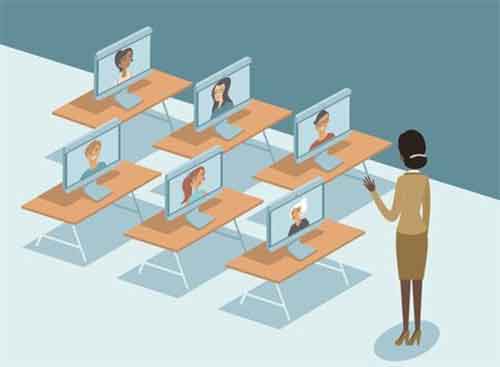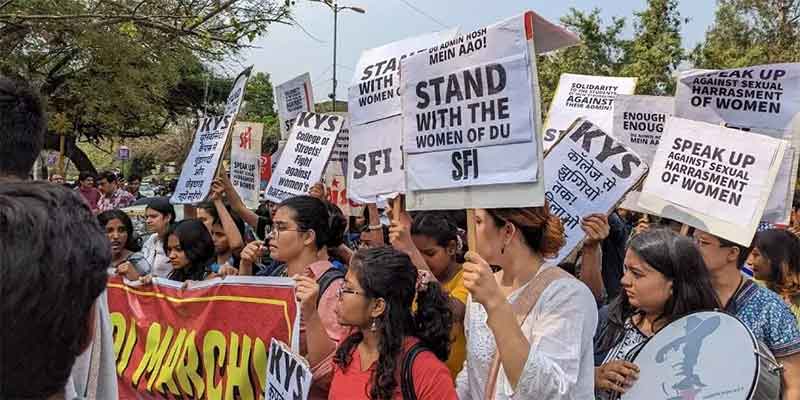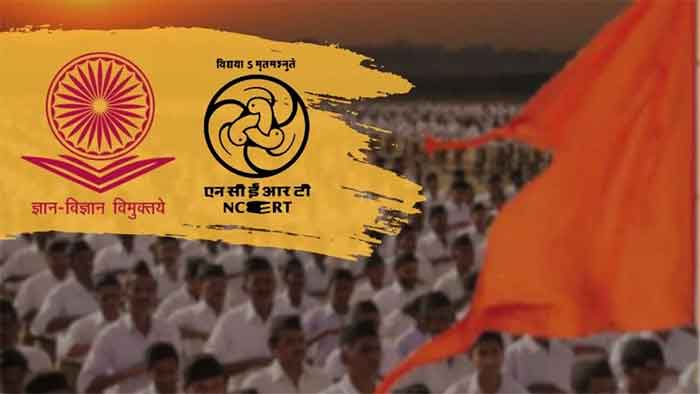
With the schools and colleges being shut due to the covid-19 pandemic the respective ministry and departments have advised the institutions to ask teachers to keep engaging students academically through e-platforms. Good enough, as in such times this is the only solution available. However, how much of good it would be is decided by the varied class structures Indian society subscribes to. A glance at the economic background of the students who attend the government schools in India would be sufficient to present an idea about their class. This is not to say that all of them belong to the same class type, there may be variations in this but these variations would be too little to account and dismiss their class suffering. Harder it may appear but this is a reality that mostly those students attend government schools whose parents cannot afford to send them to a private school. This has been stated in various studies, such as Desai et. al (2008-09). So, keeping the socio-economic background of students in mind, this is sure that the solutions offered for engaging students academically are meant for a particular section of society albeit these were implemented for all.
Here, l have tried to look at the e-academic engagement of students belonging to different class of schools from some of the immediate examples I have come across. On the one hand, children who study in elite private schools are attending online classes on their laptops, on the other hand children who belong to MCD schools are equally keen to be not left behind and asking teachers to add their numbers in the list of students to whom teacher can send the online material or video. Now, these children are trying to take the whatsapp number of any of their close relatives in case there is no smart phone in the family. However, when a teacher send a video or any other material then students complain of not having been able to understand it completely (as they usually lack academic support in their home environments). So, first of all these children have to locate a smart phone in their surroundings (not all children could find a smart phone in their surrounding) so that they are not left behind and then they have to go through the ordeal of restlessness of not having been able to understand the concepts. If we look at the socio-economic background of students once again then we will find that already a number of children are left behind due to the non-availability of smart phones, secondly, even those who were able to find a whatsapp number would have an additional burden of updating the data recharge in the available phone. There is also a likelihood that those who are able to receive online material/engagement from teacher initially would not be able to continue with it for long as, one, their relatives can deny and two, it may be hard for them to keep up with the cost of internet connectivity in view of this crisis situation where securing even the basic essentials is a task in itself. All of this is happening amidst the situation of panic where asking impoverished students to connect to the learning through e mode can exacerbate the already existing feelings of helplessness among them.
There is no denying the fact that during this period of lockdown the students are at an academic loss but does digital learning, that too, which requires internet connectivity is a good option for all? Also, why are we not able to assess the priorities of those who belong to the marginalized class? Amidst the scare of not been able to survive the lockdown period, would families and the children be able to think and concentrate on academics? Why this academic priority is not there when public school teachers are sent away for several of duties rendering students on their own? Do we show this academic earnest when the public school system crumbles because of insufficiency of proper will, facilities and accountability? Showing concern for academics is not wrong however the selectivity of its show, its mode and assessment of priorities matter. A top down approach and looking west policy would not always reap benefits for a country like India which ranks among the top 10 countries for inhabiting most poor people worldwide (Kharas et. al 2018).
P.S.: I would like to thank my relatives and friends (which include school teachers as well) for sharing their personal experiences on the basis of which this article was written.
Aarti Mangal is presently pursuing Ph.D in education from JNU. She is interested in issues related to education and gender and has got her write ups published in different newspapers and e portals
SIGN UP FOR COUNTERCURRENTS DAILY NEWS LETTER















































